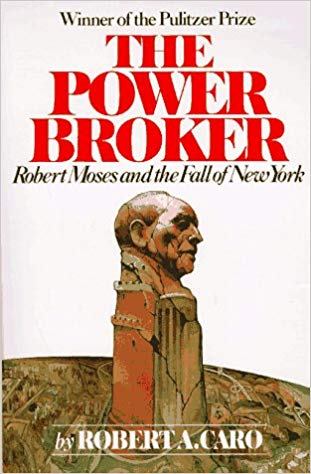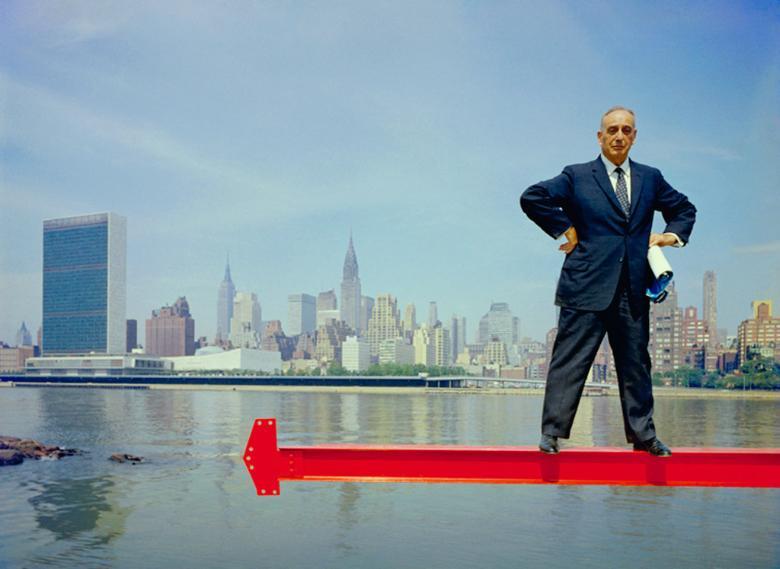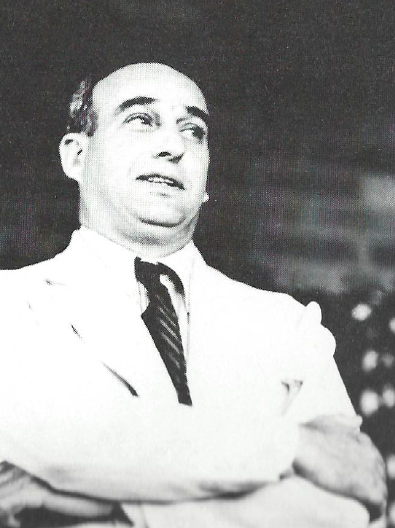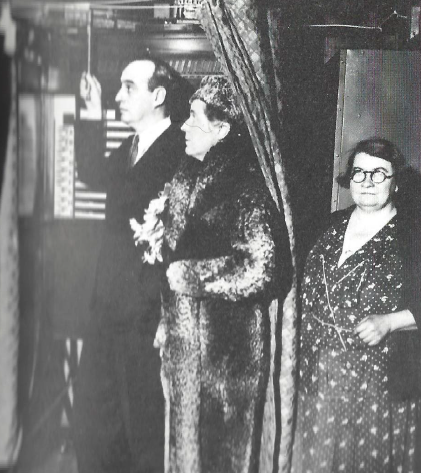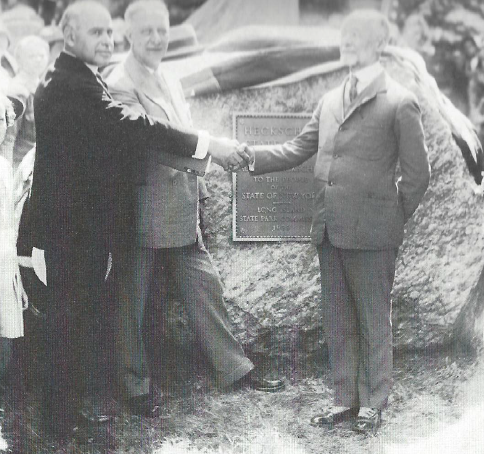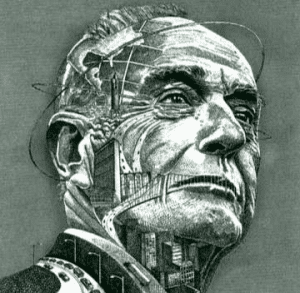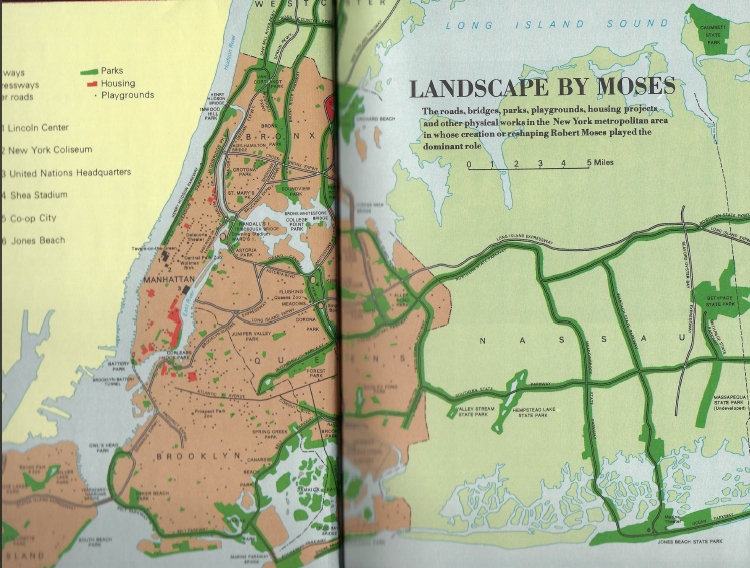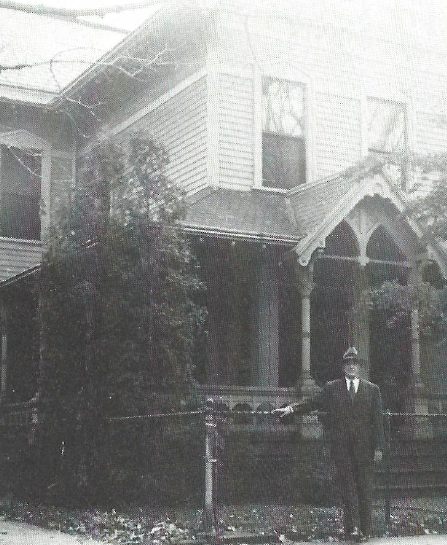Chapter 20 – One Year
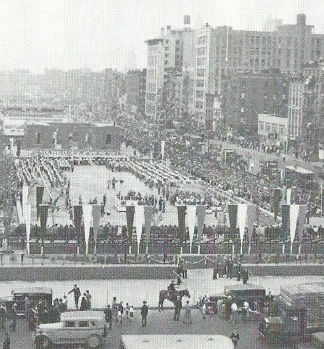
In early 1934, Moses was appointed as Commissioner for State Parks. Moses moved quickly to get rid of all staff who could not work at the pace he required. Moses then hired an army of architects and engineers from all over New York State. The ranks of Civil Works Administration (CWA) workers were also being addressed through discipline and training enforced by new superintendents, backed up by the local police.
The winter was bad that year with temperatures plummeting to -14C. Nevertheless, workers were still expected to wield their pickaxes, shifts working around the clock. By May however, the weather changed, and New Yorkers headed for the parks. By then, the parks had been transformed through the completion of 1700 projects.
Moses was not only transforming existing parks but was creating new ones using as much public land as could be identified. During a six-month period, Moses created nearly seventy green spaces, playgrounds and parks amongst the slum tenements. Other government departments looked on in anguish as all their land, planned for housing and other public works, was eaten up by park development. Occasionally, La Guardia would intervene, but for the most part, Moses had his way.
The press and people of New York cheered the new developments. The achievements of the new Commissioner in his first six months of office were seen as near miraculous. His picture stared out from the city newspapers over one hundred times that year. Al Smith however, was struggling in his new role. He was being rebuffed by Roosevelt and his association with the new Empire State Building was becoming stressful due to the difficulty of finding tenants. His one shaft of light was the opening, by Moses, of the Central Park Zoo. Moses had arranged a hero’s welcome for Smith at the opening ceremony, making him Honorary Night Superintendent of the Central Park Zoo.
Moses’s attention to detail was becoming his hallmark. Even though finances were tight, his prompted his architects and engineers to use their imagination. Tight budgets meant that the materials used had to be cost-effective, but that did not seem to limit unduly the scale and attractiveness of the Zoo and associated park developments.
The Triborough Bridge development meanwhile was coming the fruition, linking three boroughs and two islands. More than five thousand men worked on the site and many times more were servicing the construction from across the state. The development totally transformed traffic flow across the city and between the city and neighbouring states. The combination of cheap labour, bridges and parkways to serve the parks, and attractive parks to persuade motorists to pay the bridge tolls, meant that even in the age of depression, a huge program of public works could be achieved.
Analysis & Key Takeaways
- Parks were more popular than movie theatres in the early 20th century which illustrates just how much the future is an undiscovered country;
- Robert Moses’ success in understanding that the toll revenue from the infrastructure projects were critical to not just paying down the Bonds but could be a source of further capital to follow his goals; he would draft those goals on yellow legal pad;
- Moses issued bonds outside of the tax revenue and normal budgetary powers, so elected officials were then going to Moses to decide what they should be investing in;
- Moses was a passenger on many small plane flights over Manhattan so that he could plan his next projects in 1934, hence the benefit of a higher vantage point.
